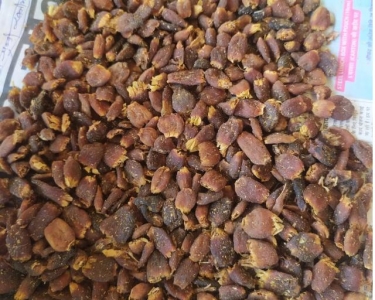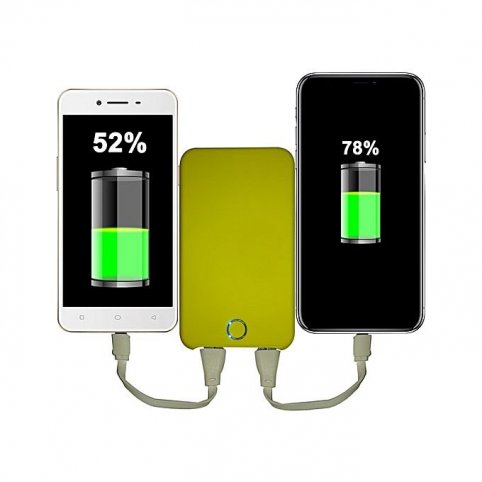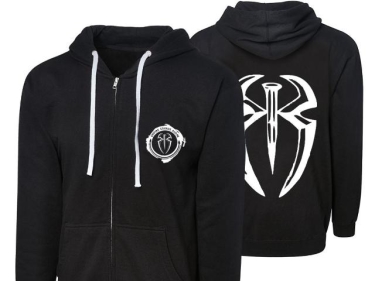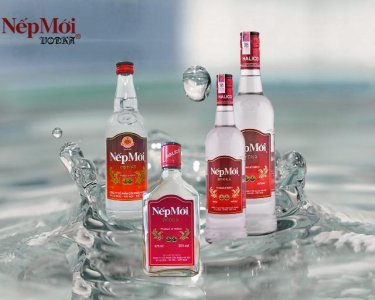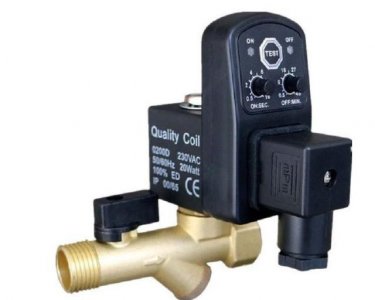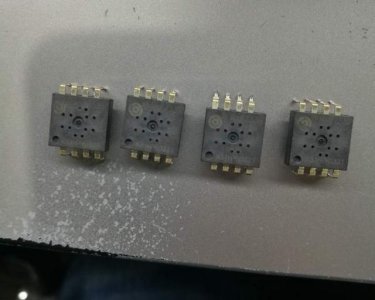Articles of stone, plaster, asbestos, mica.
Couldn't find the product you want?
Fill out this form to request the product.
Products You May Like
Export from Wallis and Futuna
Wallis and Futuna is the French collectivity in the South Pacific. Despite the fact that the territory of these islands is just 142.42 km2, the country gained great success on the international market due to its exports. Since 2003, the country gained the finance independence and could build up its own economy, establishing strong export partnerships.
Agriculture is the main industry of the island. The food export brings a lot of income, motivating local manufacturers to produce more and more fruits and vegetables. The locals cultivate much of their own food in the rich volcanic soils. Taro, yam, manioc, breadfruit and banana gardens are everywhere. The coconut plantations of Wallis were damaged in the 1930s by the rhinoceros beetle but the situation was brought under control. All of the coconuts are now used for the export. The plantations of Futuna island were damaged too. That is why the manufacturers can produce just a couple of hundred tones of copra a year. In the same time, the high quality kava is grown for the international market.
Fishing is the significant export of the country. The local manufacturers sell lobsters, dried and fresh conch, and conch shells. In addition to this, the country exports fish, crustaceans, aquatic invertebrates, such as: frozen fish, molluscs, caviar and squid.
The territory of the islands is rich in natural resources. The country is able to export large quantities of niobium, tantalum, vanadium and zirconium ore. In addition to this, the islands export metalworking machine parts, medical instruments and raw aluminum.
The top export destinations of Wallis and Futuna are India, Belgium-Luxembourg, Fiji, New Caledonia and Sri Lanka.
Import to Wallis and Futuna
The economy and future development of the islands are heavily dependent on French financial assistance. In such a way, the islands are not self-sufficient and must import a large portion of its food requirements, mainly from France.
The location of Wallis and Futuna islands places them near beautiful rivers, providing a valuable means of transportation but also needed water for the agricultural industry. In such a way, the country imports small boats, such as canoes and kayaks and rigid inflatable boats in order to transport different products from one part on the island into another one. In addition to this, the country imports water towers and water mills to produce electricity.
The government of the country is focused on establishing of functional roads and sea connections to build up new international relations. A good transportation system is the key for good trade relations with EU, Asian and African countries. For realizing this aim, the country imports construction materials and engineering appliances, machinery and mechanical appliances as well as different wood items.
Due to the fact, that the country does not produce any means of transport, Wallis and Futuna islands import them from abroad. Cars, trucks and SUV are mostly imported from France and Australia.
The top import origins are Fiji, France, New Caledonia, Australia and New Zealand.
Articles of Stone, Plaster, Asbestos, Mica department welcomes sellers and buyers from worldwide. On Export Portal sell and buy a wide range of stone, plaster and mica articles of all kinds.
Select from our rich assortment of stone articles such as curbstones and flagstones, natural stone, worked monumental or building stone, mosaic cubes and the like, artificially colored granules, chippings and powder (of natural stone), millstones, grindstones, grinding wheels and the like, hand sharpening or polishing stones.
Shop for fabricated asbestos fibers, mixtures with a basis of asbestos, articles of asbestos (for example, thread, woven fabric, clothing, headgear, footwear, gaskets).
On Export Portal find articles of plaster or of compositions based on plaster.
Browse through articles of mica and worked mica, including agglomerated or reconstituted mica, whether or not on a support of paper, paperboard or other materials.
Sell articles of stone, plaster, and mica on Export Portal – a place where you find real export and import opportunities! Buy goods direct and safe!
Customs requirements of Wallis and Futuna
French Customs Authorities
Website: http://www.douane.gouv.fr/
Address: 11, rue des deux Communes 93558, Montreuil cedex
Phone: +33172407850
The islands of Wallis and Futuna lie in the central Pacific. It is a raised reef, mainly limestone, with an area of ninety-six square miles (250 square kilometers). It is surrounded by a wide lagoon with many small islets. The lagoon is shallow, and barely navigable. The island is divided into three districts. Mu'a, the most populous; Hahake; and Hihifo. The main town where government offices and the hospital are located is Mata'utu in Hahake in the central district. The island buys more than exports. The French Customs Authorities are the ones, responsible for the Customs Laws in the country.
Documentation
Basic import documentation required by the Wallis and Futuna Customs includes:
- Import Declaration (prepared and signed by a customs broker);
- Commercial Invoice (original plus four copies to be presented in French);
- Airway Bill;
- Bill of Lading (to be presented in triplicate);
- Commercial license number;
- Phytosanitary Certificate;
- Certificate of Free Sale (if required);
- Certificate of Origin (in the case of application for duty free treatment).
Labelling
Labels on most foods must show:
- product name (generic and trade);
- type of product;
- dates of manufacture;
- expiry dates;
- methods of preservation;
- ingredients in descending order of composition;
- weights or quantities;
- manufacturer's name;
- importer's name, address and phone number;
- places where the product can be returned or exchanged.
Sources
